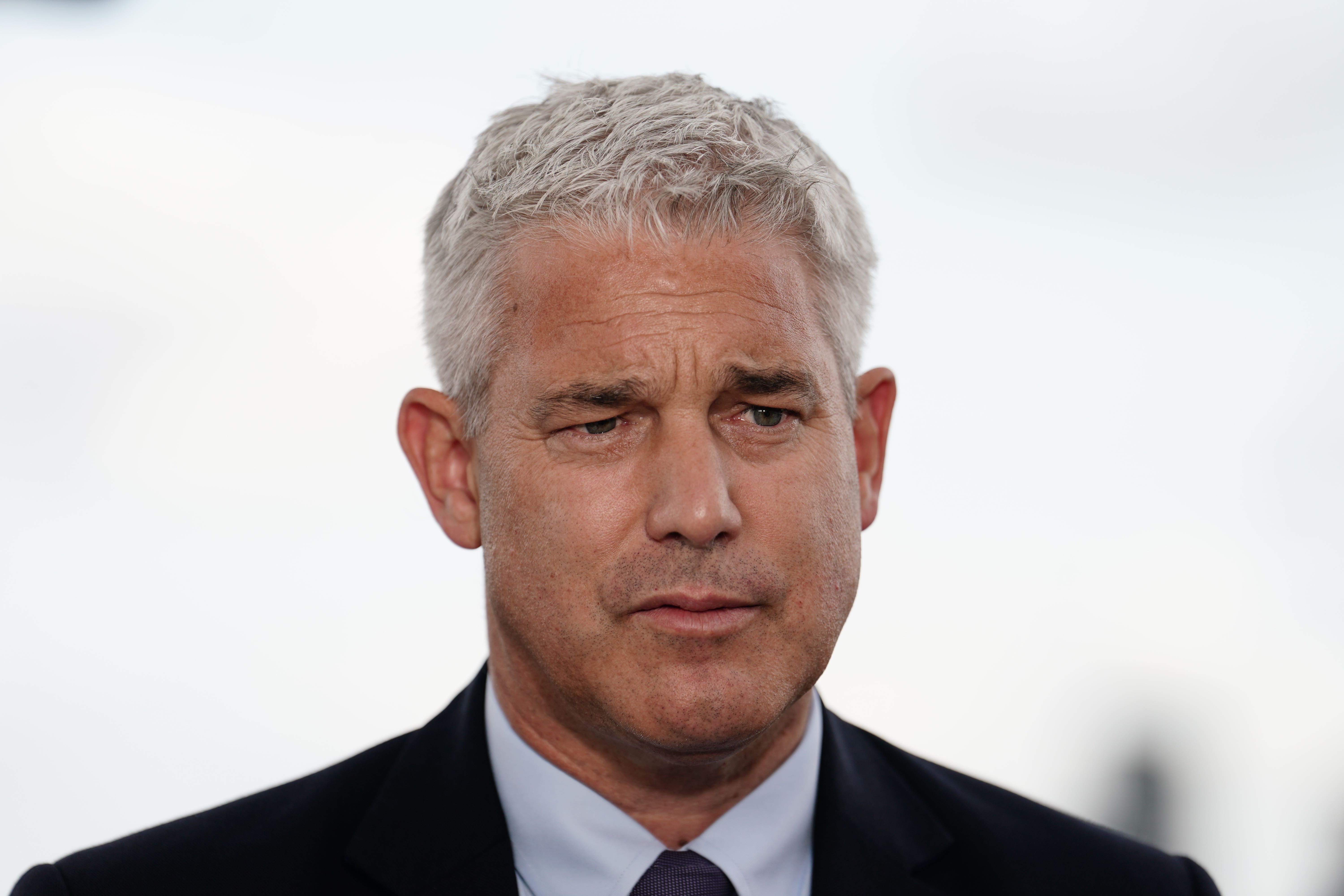Lucy Letby inquiry: Will ministers be forced to hand chair statutory powers?
There is a ‘reasonable chance’ that Steve Barclay will convert the inquiry into a statutory one, public inquiries expert Emma Norris tells Archie Mitchell

Ministers are under mounting pressure to grant the inquiry into serial killer nurse Lucy Letby legal powers following fears that it lacks the “teeth” needed to unearth potential failings.
The 33-year-old was found guilty on Friday of murdering seven babies and attempting to murder six others between June 2015 and June 2016 in the hospital where she worked.
The murders, which Letby carried out during her shifts on the neonatal ward at the Countess of Chester Hospital, will be subject to an independent inquiry, health secretary Steve Barclay has announced.
Mr Barclay said the probe would “ensure mothers and their partners rightly have faith in our healthcare system”.
But in order to ensure that the families of Letby’s victims receive justice, and that similar incidents do not occur in future, critics say it must be given statutory powers.
Here, The Independent looks at the difference it could make, and why the inquiry has been set up in the way it has.
What are public inquiries for?
Ministers establish public inquiries into events of major public concern or controversial policy issues.
They typically assess what happened, why it happened, who is to blame, and what can be done to ensure that it doesn’t happen again.
Previous examples include the ongoing inquiry into the government’s handling of the Covid pandemic, and the Bloody Sunday Inquiry, which looked at the mass shooting of Catholic demonstrators in Derry by British paratroopers in 1972.
What is a non-statutory inquiry?
Non-statutory inquiries lack the power to take evidence under oath that statutory ones have.
They also offer more flexibility over how they are run, which can make it easier to hear sensitive evidence in private where it is deemed necessary.
Mr Barclay has said that the families of Letby’s victims will be able to have their voices heard in shaping the scope of the inquiry.
But what do critics say?
Such an inquiry lacks the power to compel witnesses to produce evidence or give evidence under oath, leading critics to claim it is “not good enough”.
Lawyers representing the families of two of Letby’s victims say the inquiry will be forced to “rely on the goodwill of those involved”.
In a joint statement, Richard Scorer and Yvonne Agnew, of law firm Slater and Gordon, said: “The failings here are very serious and an inquiry needs to have a statutory basis to have real teeth.”
The lack of statutory powers has raised fears that key pieces of evidence will be missed – for instance, those that could provide the answer to how Letby was able to continue working in the hospital’s neonatal unit for more than a year after concerns about her conduct were first raised.
Why has the government chosen to hold a non-statutory inquiry?
One legal expert told The Independent that a statutory inquiry could “open up a can of worms” in exposing wider failings in the NHS – particularly in relation to allegations that bosses prioritised reputational damage over the concerns of hospital staff.
They said a “more rigorous” statutory public inquiry raised the risk of negative publicity for the government in the run-up to a general election, which is expected to be held next year.
But the government said a non-statutory inquiry was chosen in order to allow it to focus on “lessons that can be learned quickly”.
Will ministers change their minds?
The health secretary has so far refused to listen to calls from families, doctors and MPs to give the inquiry statutory powers, insisting that the current set-up will ensure that victims’ parents and families get the answers they need.
But Emma Norris, the Institute for Government think tank’s expert on public inquiries, said there was a “reasonable chance” that Mr Barclay will be forced to upgrade the inquiry to a statutory one.
She told The Independent that the case had similarities with the government’s inquiry into serial killer Harold Shipman, which was set up as a non-statutory inquiry but was changed following a judicial review.
When will the inquiry begin?
The Department of Health and Social Care said on Friday that it will appoint a chair and publish the inquiry’s proposed terms of reference “in due course”.






Join our commenting forum
Join thought-provoking conversations, follow other Independent readers and see their replies
Comments